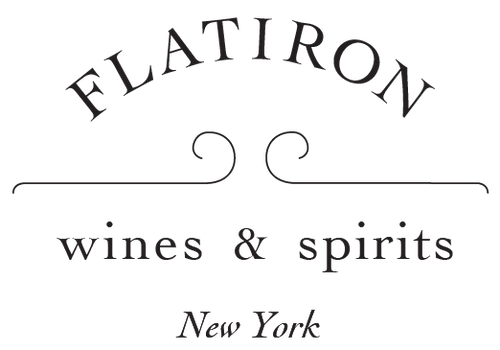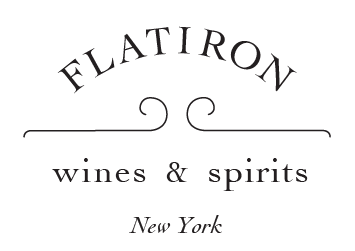The story of the Larmandier-Bernier estate goes back centuries, but things only really got interesting after the late 1980s, when Pierre Larmandier took over. He immediately moved towards sustainable (and eventually, biodynamic) viticulture and indigenous fermentation, putting this estate well ahead of the current set of like-minded grower-producers.Now Larmandier-Bernier is, according writer Peter Liem, "one of the finest producers in the Côte des Blancs", garnering rave reviews not just from Liem but other top critics like Vinous' Antonio Galloni. The wines are unified stylistically, with chalky cores and delicate, lifted citrus and floral notes that seem drawn in pastel. But there are also strong differences, a testament to the distinct personalities within the Côtes des Blancs.
What importer Polaner Selections has to say about this wine...
VARIETALSPinot NoirBIODYNAMICCertifiedVINEYARDThis wine contains only very ripe Pinots Noir from Premier Cru Vertus. By ploughing in the vineyards, the yields are limited, and the roots grow deep into the chalky sub-soil, preserving the plants' life in the soils. Vines are 45-50 years old.SOILlimestone, chalky sub-soilVITICULTUREThe vineyards are farmed biodynamically and all grapes are hand harvestedVINIFICATIONThis technique is very seldom used in Champagne: After setting aside the best grapes, they are picked off from bunch then they macerate over a few days until the saignée is done. The grapes are vinified in enamel-lined stainless steel vats, then bottle-aged.AGINGKept in the cool cellars between 36-48 months, hand disgorged and aged an additional 6 months prior to release. Dosage at 3 grams/liter.
Details
-
Grape Variety
-
Vintage
NV
-
Size
750ml
-
Farming Practice
Biodynamic
-
Style
Elegant , Minerally
-
Sweetness
Dry
-
Body
Medium Bodied
Champagne
Champagne boasts some of the world’s greatest luxury brands with Krug, Cristal and, of course, Dom Perignon. But it’s also home to hundreds of small dynamic producers—farmers who grow their own grapes (often organically) and make (often with natural methods) tiny amounts of pure and absolutely delicious wine that reflect the individual personalities of their villages and terroirs. Toast with these wines, for sure. But also treat them like the great wines they are: taste, drink, explore!


![Bottle of Larmandier-Bernier, Champagne Rose de Saignee Extra Brut 1er Cru, NV [2020] - Sparkling Wine - Flatiron Wines & Spirits - New York](http://nyc.flatiron-wines.com/cdn/shop/files/Larmandier-Bernier-Champagne-Rose-de-Saignee-Extra-Brut-1er-Cru-NV-2020-Sparkling-Wine-Flatiron-Wines-Spirits-New-York_{width}x.jpg?v=1712241508)











